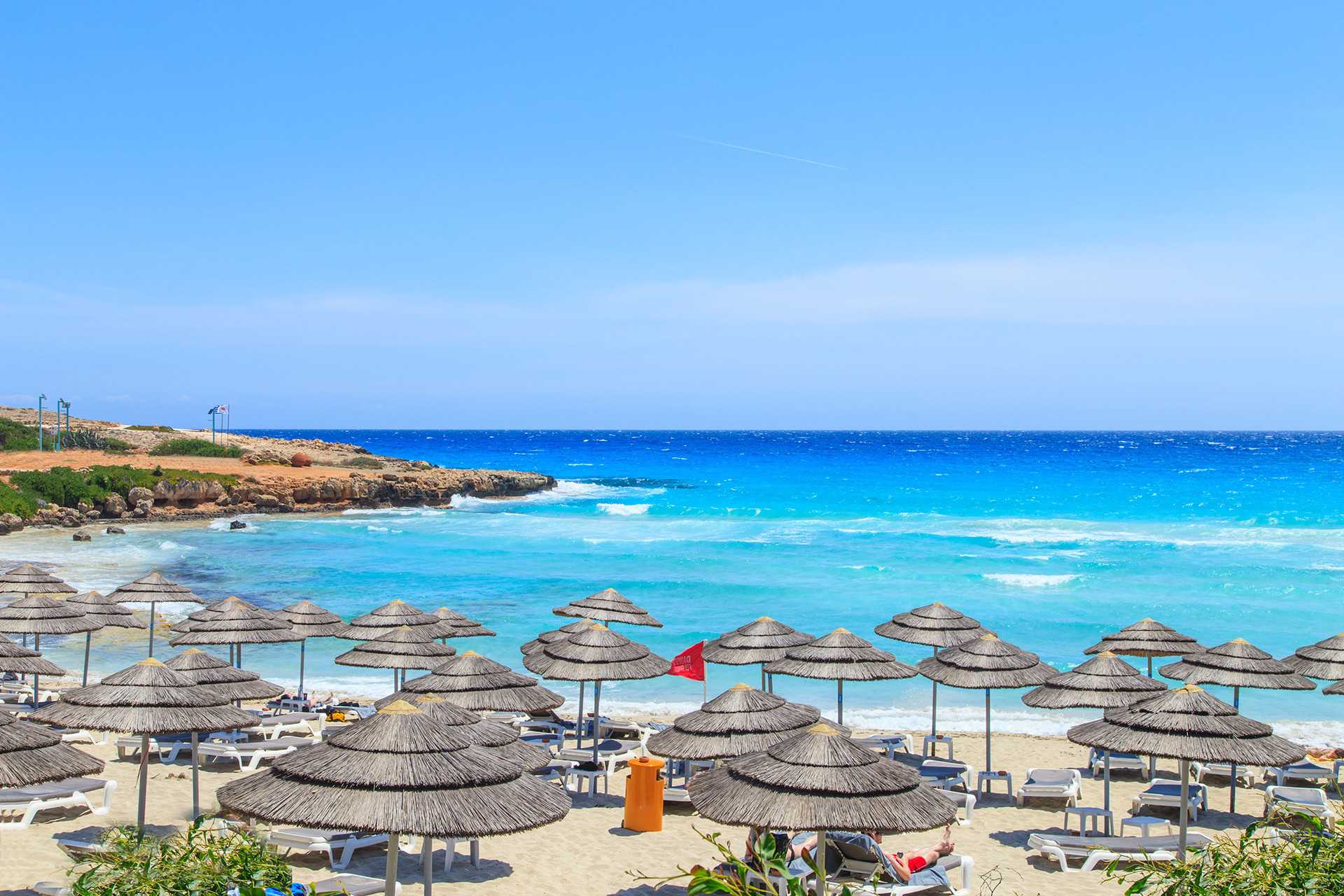Dangerous weather for the travel and tourism sector
As the likelihood of wildfires, droughts, and heatwaves increases, the burden on the European tourism industry is growing. Travelers are now looking for areas that are less vulnerable to climate change, thus tourism businesses are being compelled to adjust and make investments in methods to lessen the consequences of climate change.
Extreme heatwaves are making typical beach places less appealing, according to industry experts, local officials have also noticed this trend. In an interview with the Financial Times, Teodora Marinska, the head of the European Travel Commission, recently emphasized this. She underlined how weather conditions have a big influence on travelers' destination choice and warned that climate change posed a severe threat to tourism.
Current evidence supports this change in preferences. For example, while visitor bookings in Greece had increased by 20% annually in recent years, there was a 7% decrease in July and August of this year compared to the previous year. However, bookings for travel to rural areas of the UK increased by 17%, while interest from tourists in Norway and Sweden increased by 23% over the same time frame.
Extending the tourist season is an inevitable change
Antonis Orthoxtou, spokesperson for the Cyprus Association of Travel and Tourism Agents, said that Cyprus is also expected to experience similar trends. While the summer is still the busiest travel season, he noted that when the effects of increasing temperatures become more noticeable, things may change.
As he said, "It’s only a matter of time before July and August are no longer the most popular tourist months for Cyprus". He thinks it's becoming more and more necessary, not optional, to extend the tourism season into September and October.
Despite a 3.1% increase in tourist visits throughout the first seven months of the year and a 5.3% increase in July compared to last year, Orthoxtou emphasized that Cyprus needed to start accepting visitors all year round. In addition, he noted that although Cyprus hasn't yet experienced a notable decline in reservations due to hotter summers, this could change in the future.
"The push to extend the tourist season for 12 months a year is something we've discussed but haven't fully implemented", he said. He went on to say that tourists avoiding the hot summer months, as seen in places like Dubai, should alert Cyprus to the need for action.
Changing preferences and adaptions across Europe
Coastal locations are becoming more and more popular throughout Europe in the autumn when costs for accommodation decrease and the weather improves. Tourists are booking accommodations at the last minute in an effort to avoid unpleasant weather. The prolonged travel season is seen by hoteliers as a countermeasure to the damaging effects caused by summer heatwaves.
Experts predict that mass tourism will continue to be drawn to the Mediterranean despite the changing climate. The tourism sector feels that other variables, such as increasing expenses, can have a bigger impact on the number of visitors than weather. While short-term changes may occur in some areas, colder climate visitors are expected to continue preferring beaches in the Mediterranean.
Authorities send a warning
Costas Koumis, the deputy minister of tourism for Cyprus, recently brought attention to the possible threat that climate change has to the travel and tourism industry. Speaking at a STEC-organized tourism conference, Koumis pointed out the sector's critical role in the country's economy and cautioned that, should it fail to adjust, Cyprus could lose visitors to more mild locations.
In addition, he referenced a 2008 Ministry of Agriculture study that issued a 15-year warning that some areas of Cyprus may see desertification. "We’ve reached 2024, and while the desertification hasn’t fully materialized, the threat is still there, and it’s growing", he said. Koumis demanded immediate action to save the environment, warning that if Cyprus does not take action, tourists who care about the environment would soon leave the island.
Additionally, Koumis pointed to data from Cystat showing a decline in both the average length of stay and daily per capita spending by tourists. He attributed these declines in part to the growing impact of climate change and changing tourist habits.
The importance of sustainable tourism was also highlighted by Cyprus’ President, Nikos Christodoulides, during the Annual General Assembly of the Pancyprian Hoteliers Association (PASYXE) in July. He emphasized that the shift towards sustainable tourism practices is now a key factor in travelers' decisions and should be a top priority for the country.
The President said that, "We must prioritize a tourism model that is both sustainable and socially beneficial, not only for our competitiveness but also for the responsible management of our natural resources and for future generations”. He concluded by noting that climate change is no longer a distant concern but a reality that everyone is facing on a daily basis.
 home
home